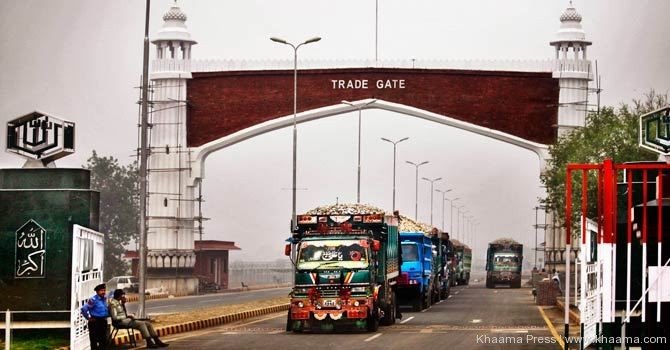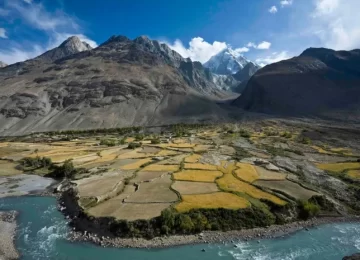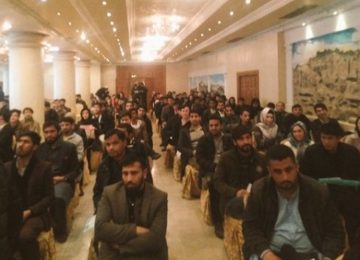Afghanistan-Pakistan trade rose by 23% in April, reaching $119 million, driven by increased imports and exports despite regional tensions.
Trade relations between Afghanistan under Taliban administration and Pakistan have experienced a notable increase, with bilateral trade reaching $119 million in April 2025, up from $97 million in March, marking a 23% rise.
Afghanistan’s imports from Pakistan have risen by 28%, totaling $32 million in April, compared to $25 million in March. Conversely, Pakistan’s exports to Afghanistan increased by 21%, reaching $87 million in April from $72 million in March.
This growth in trade comes despite the closure of the Wagah border on April 22, 2025, following tensions between India and Pakistan. Notably, Afghanistan’s trucks carrying dry fruits and medicinal plants have been granted passage through Pakistan to India, with 162 trucks recently allowed entry.
The surge in bilateral trade is attributed to resumed high-level talks between Afghanistan and Pakistan, which had been stalled for over a year. These discussions focus on enhancing cargo movement, renewing the Afghanistan-Pakistan Transit Trade Agreement (APTTA), and addressing counter-smuggling measures.
However, Afghanistan’s transit trade through Pakistan has seen a dramatic decline, dropping by 84% due to Pakistan’s anti-smuggling crackdown. This reduction has led Afghanistan to seek alternative trade routes, including through Iran and Central Asia, potentially diminishing Pakistan’s role as a key trade conduit.
Despite challenges in transit trade, the increase in bilateral trade reflects a resilient commercial relationship between Afghanistan and Pakistan. Both nations are working towards strengthening economic ties and exploring new avenues for cooperation to ensure sustained growth in their trade relations.
The continuation of diplomatic engagements and the implementation of effective trade agreements will be crucial in maintaining and expanding the positive trajectory of bilateral trade between Afghanistan and Pakistan. Both countries recognize the mutual benefits of a stable and prosperous economic partnership.
SOURCE : Khaama Press








